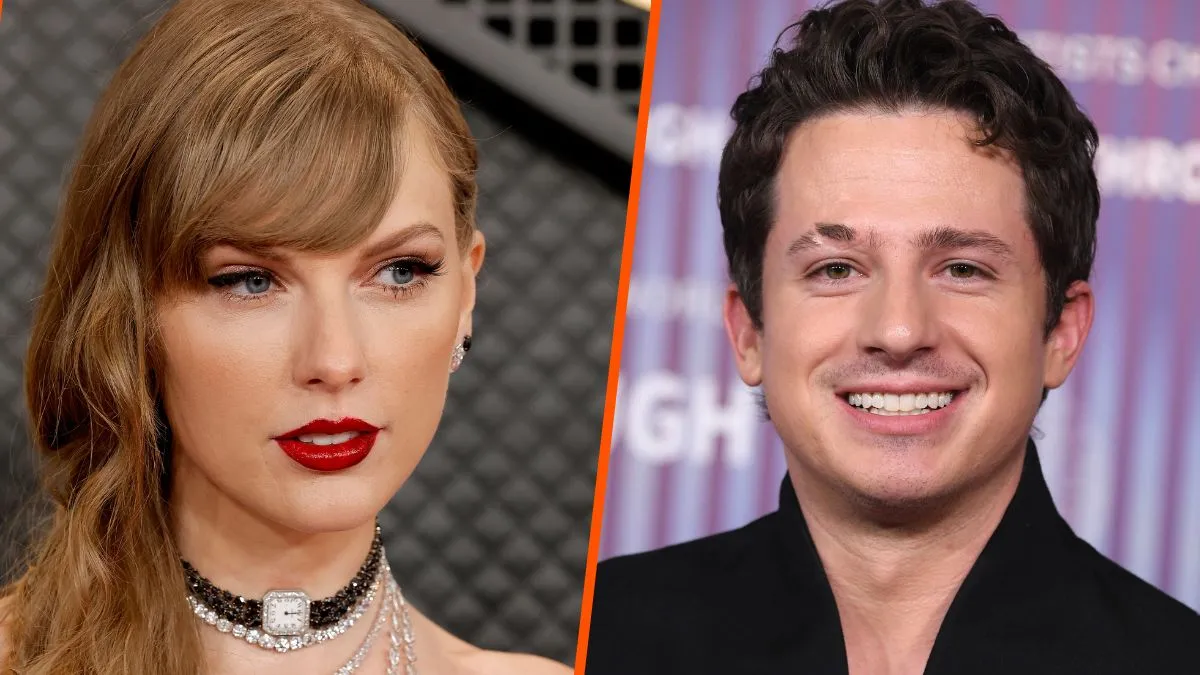Charlie Puth is a name that tends to pop up in our consciousness whether we seek it out or not. Whether it’s through his sometimes eyebrow-raising Genius video interviews or his persistent media presence highlighting his remarkable musical talents, it seems we can’t escape hearing about him.
But this time, Puth finds himself in the limelight for entirely different reasons. Firstly, the release of Taylor Swift’s latest album, “The Tortured Poets Department,” features a mention of Puth in one of the songs. Secondly, Puth is set to collaborate with the K-pop group Stray Kids on their upcoming digital single, scheduled for release on May 10. However, this collaboration isn’t being met with universal acclaim from fans, and here’s why.
The controversy surrounding Charlie Puth stems from his public support for Israel amid its ongoing conflict with Palestine, which many perceive as one-sided genocide. Fans of Stray Kids, known as STAYs, have expressed their disapproval of the collaboration due to Puth’s political stance on this sensitive issue. They argue that his views clash with the values of the fandom and the image associated with Stray Kids. Additionally, Puth’s social media activity, including liking a post featuring “Zionism is sexy” pins, has only intensified the backlash against him.
Furthermore, Puth’s name has been making rounds on social media thanks to Taylor Swift’s lyrics in her song “The Tortured Poets Department,” where she declares that “Charlie Puth should be a bigger artist.” This mention left many fans puzzled, especially considering Puth’s alleged alignment with Zionism and his past relationship with Selena Gomez, Swift’s close friend. Puth has acknowledged their brief relationship, which he described as impactful, but this revelation has not sat well with some fans.
In addition, speculation about Puth’s hit song “Attention” being inspired by Gomez has resurfaced, fueled by a now-deleted tweet from Puth himself hinting at this connection. His explanation of the song’s meaning in a Genius interview only added fuel to the fire, with many netizens interpreting his anecdotes as references to Gomez.
Overall, Charlie Puth’s recent actions and collaborations have reignited past controversies and brought him under renewed scrutiny from both K-pop fans and Swifties. Despite his musical talents, his behavior and associations continue to generate debate and criticism in the public sphere.


